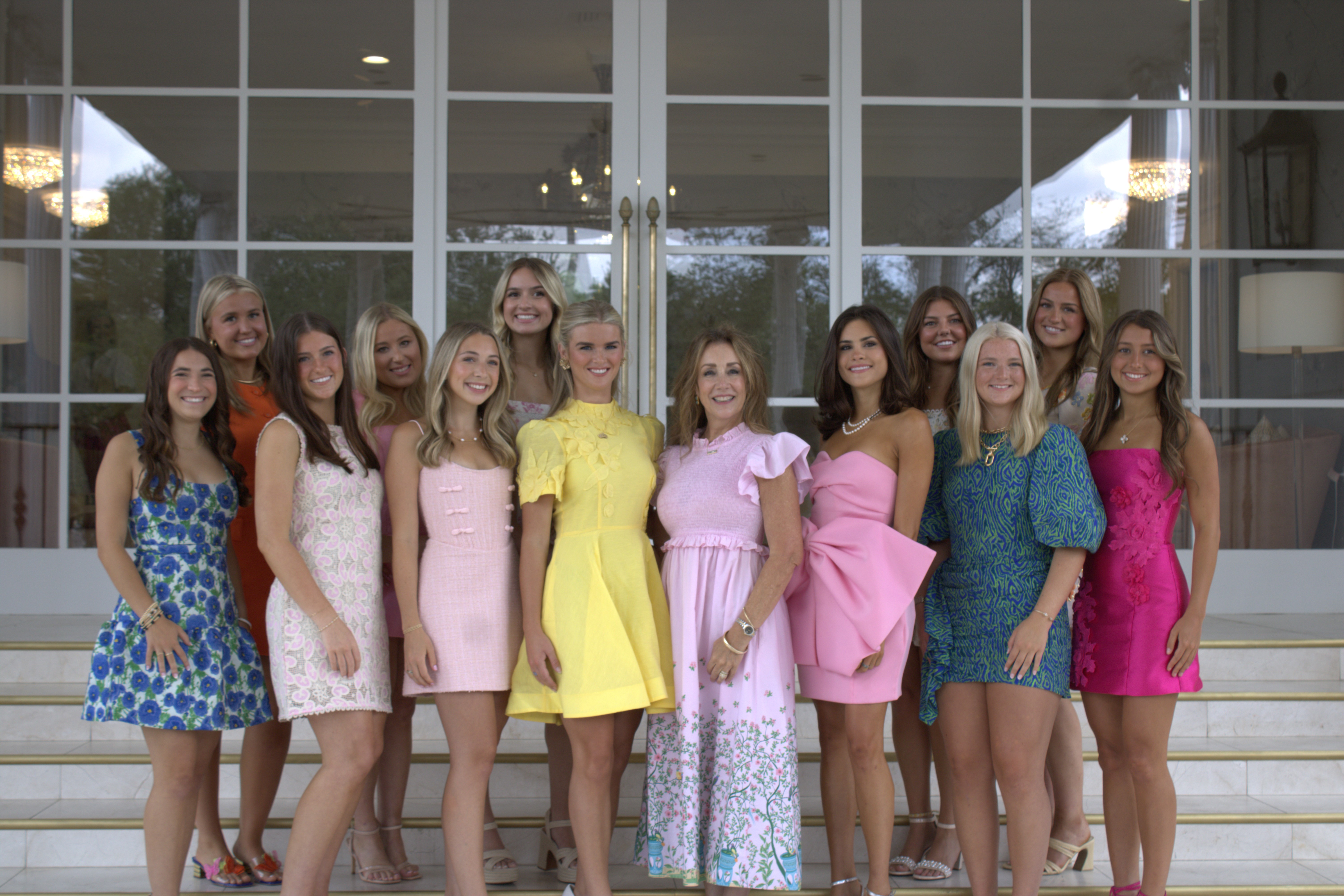Licensing schemes limit our freedom
Published 9:41 pm Friday, September 18, 2015
Texas is a great place to do business – if you’re willing to pay the price. Licensing requirements remain a serious burden for many workers, and a barrier to jobs and self-employment for many, many others.
But they shouldn’t be.
Trending
According to Bill Peacock of the Texas Public Policy Foundation, “Licensing acts as a form of protectionism for those who work in licensed professions by restricting access to jobs and stifling job creation. … Contrary to the claims of its supporters, licensing laws often do not contribute to increased public safety.”
Certainly, some professions ought to be licensed – doctors, for example, and some other health care workers. But as we’ve pointed out before, there’s no such justification for requiring licenses of auctioneers, florists and travel guides.
To take one example, there have been no reported instances of deadly or malicious interior designing. So why should interior designers need licenses?
“If Texas wants to further expand the economy, it should remove this barrier to employment and allow market-based solutions to market problems,” Peacock says.
Nationwide, an estimated 29 percent of jobs require some type of licensing.
“The average fees required for licensing in Texas is $304, ranging from $45 for locksmiths to an exorbitant $4,800 for commercial fishers, which is 10 times higher than the national average,” Peacock notes. “It takes a mere 33 days to earn a license as an emergency medical technician in Texas, a field where incorrect procedures can lead to death. Contrast that to the 117 days required to be a licensed massage therapist or the disproportionate 350 days it takes to be licensed as a barber. Barring a freak shaving accident, a bad haircut is likely the worst that could happen to a consumer from a bad barber. It stands to reason that these needlessly demanding requirements to order to attain a license must have a purpose other than public safety.”
Trending
That reason is protectionism – keeping competition at bay. Violating a licensing rule in Texas is a Class A misdemeanor. And that’s wrong, Peacock points out, because “it is unjust to impose such heavy sanctions on voluntary transactions.”
The solution is simple – let’s stop requiring licenses that don’t make sense. That will allow many Texans to get jobs or even start their own businesses.
“The ideal solution would involve closely examining the current set of occupational licenses and working to eliminate those that do not serve any real public interest,” Peacock contends. “Occupations like auctioneers, barbers, cosmetologists, travel guides and shampooers are among those for whom licensure is questionable at best, and should be given first consideration when deciding on which licenses to abolish.”
As for the notion that licensing ensures quality, Peacock says new technology can do that better – as websites such as Yelp.com demonstrate.
“The advent of this new technology has greatly reduced the relevancy of occupational licenses as consumers are turning to market-based sources to make their financial decisions, rather than relying on government bureaucrats to protect them,” he says.
Texas cherishes freedom. Here’s an area in which we can expand it.







